Home>Garden Essentials>What To Do With Squash Seeds
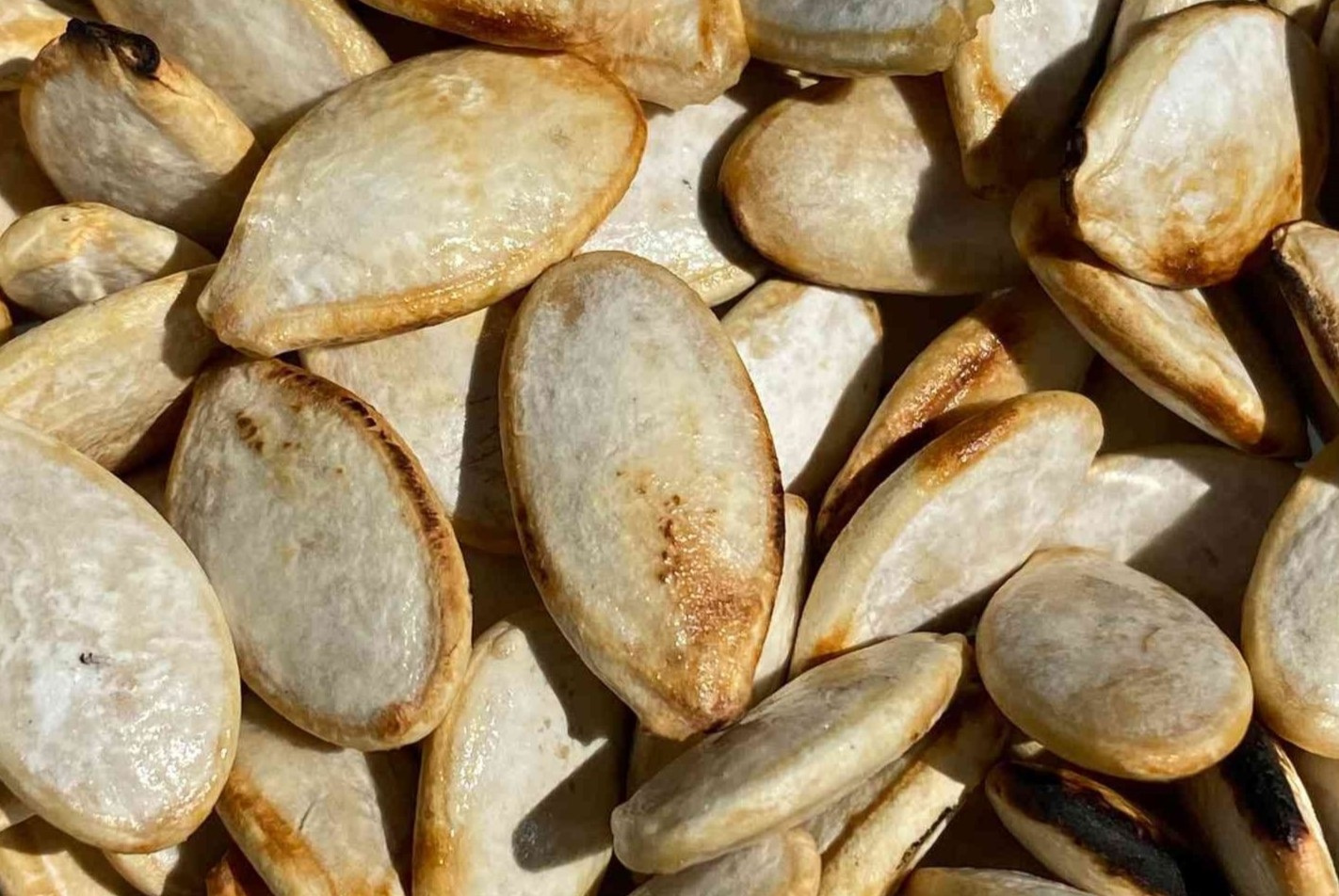

Garden Essentials
What To Do With Squash Seeds
Modified: March 24, 2024
Want to know what to do with squash seeds from your garden? Discover creative ways to use them in cooking, planting, and DIY projects.
(Many of the links in this article redirect to a specific reviewed product. Your purchase of these products through affiliate links helps to generate commission for Storables.com, at no extra cost. Learn more)
Introduction
Welcome to the wonderful world of gardening! If you have a green thumb and a passion for growing your own food, then you’re in for a treat. In the realm of gardening, there are numerous plants that you can cultivate, and one of the most versatile and delicious options is squash. Not only does squash offer a variety of tasty fruits, but it also gives you something else to enjoy – squash seeds!
Squash seeds are often an underrated part of this versatile vegetable. Many people scoop them out and toss them in the compost without realizing the potential they hold. But fear not, because in this article, we’ll delve into the wonders of squash seeds and discover all the amazing things you can do with them.
Squash seeds are the edible seeds found within different varieties of squash, such as butternut, acorn, or spaghetti squash. They are typically oval-shaped and have a slightly nutty flavor. These seeds are a great source of nutrients, making them a healthy addition to your diet.
Not only are squash seeds packed with vitamins and minerals, but they also provide several health benefits. They contain a high amount of protein, fiber, and healthy fats. Additionally, squash seeds are rich in antioxidants, which help to combat inflammation and promote overall well-being. With all these benefits, you might be wondering how you can incorporate squash seeds into your meals and snacks.
Key Takeaways:
- Don’t toss those squash seeds! They’re packed with protein, fiber, and healthy fats, making them a nutritious addition to your diet. Get creative and enjoy their delicious, nutty flavor in various dishes.
- Roast squash seeds for a crunchy, satisfying snack or add them to salads, soups, and baked goods. Be mindful of potential side effects and enjoy these versatile seeds in moderation for a tasty and nutritious boost.
Read more: How Deep Do You Plant Squash Seeds
Overview of Squash Seeds
…
Key Takeaways:
- Don’t toss those squash seeds! They’re packed with protein, fiber, and healthy fats, making them a nutritious addition to your diet. Get creative and enjoy their delicious, nutty flavor in various dishes.
- Roast squash seeds for a crunchy, satisfying snack or add them to salads, soups, and baked goods. Be mindful of potential side effects and enjoy these versatile seeds in moderation for a tasty and nutritious boost.
Read more: How Deep Do You Plant Squash Seeds
Overview of Squash Seeds
Before diving into the various ways to use squash seeds, let’s take a closer look at their characteristics and nutritional profile. Squash seeds are the inner part of the squash fruit and are often enclosed in a tough outer shell. These seeds come in different sizes and colors, depending on the specific variety of squash.
Squash seeds are rich in essential nutrients that are beneficial for overall health. They are an excellent source of protein, containing all the essential amino acids required by the body. This makes them a valuable plant-based protein option for vegetarians and vegans.
In addition to protein, squash seeds are also high in healthy fats, particularly polyunsaturated and monounsaturated fats. These fats contribute to heart health and can help reduce the risk of cardiovascular diseases. Squash seeds are also a good source of dietary fiber, which aids in digestion and promotes feelings of fullness.
Furthermore, squash seeds are packed with vitamins and minerals. They are particularly rich in magnesium, zinc, iron, and phosphorus. Magnesium plays a crucial role in maintaining healthy bones and regulating blood pressure, while zinc helps support the immune system and aids in wound healing.
To maximize the nutritional benefits of squash seeds, it’s important to prepare them properly. The hard outer shell needs to be removed before consumption. This can be done by cracking the shell with a nutcracker or simply by applying pressure with your hands. Once the shells are cracked, the inner seeds can be easily separated.
Now that we understand the nutritional value of squash seeds, let’s explore the numerous ways you can incorporate these little powerhouses into your culinary creations.
Benefits of Squash Seeds
Squash seeds offer a multitude of benefits for your health and well-being. From providing essential nutrients to supporting various bodily functions, incorporating squash seeds into your diet can offer several advantages. Let’s explore some of the key benefits of consuming squash seeds:
- Nutrient-rich: Squash seeds are packed with essential nutrients, including protein, healthy fats, fiber, vitamins, and minerals. By incorporating them into your meals, you can boost your intake of these beneficial components.
- Heart-healthy: The high content of monounsaturated and polyunsaturated fats in squash seeds can have a positive impact on heart health. These healthy fats can help lower bad cholesterol levels, reduce the risk of heart disease, and promote overall cardiovascular well-being.
- Good source of protein: If you follow a vegetarian or vegan diet, getting enough protein can sometimes be a challenge. Squash seeds can be an excellent plant-based protein source, as they contain all the essential amino acids your body needs to function properly.
- Digestive aid: With their high fiber content, squash seeds can support digestive health. Fiber helps promote regular bowel movements, prevents constipation, and supports a healthy gut microbiome.
- Weight management: The combination of protein and fiber in squash seeds can help you feel fuller for longer periods, reducing the chances of overeating and supporting weight management efforts.
- Antioxidant properties: Squash seeds contain antioxidants that can help protect your body from oxidative stress and inflammation. These antioxidants, such as vitamin E and certain phytochemicals, play a role in maintaining overall health and reducing the risk of chronic diseases.
By incorporating squash seeds into your diet, you can enjoy these incredible benefits and nourish your body with a nutritious and delicious addition to your meals and snacks.
Culinary Uses for Squash Seeds
When it comes to culinary uses, squash seeds are incredibly versatile and can be incorporated into a wide range of dishes. Here are some creative and delicious ways to make the most of these nutrient-rich seeds:
- Roasted Snack: Roasting squash seeds is a popular and simple method to enjoy their crunchy texture and nutty flavor. After removing the shells and thoroughly cleaning the seeds, toss them with a little oil and sprinkle with your favorite seasonings, such as salt, garlic powder, or paprika. Spread them on a baking sheet and roast them in the oven at 350°F (175°C) for about 15-20 minutes, or until they turn golden brown. Enjoy them as a tasty and nutritious snack on their own or mix them with dried fruits and nuts for a homemade trail mix.
- Topping for Salads and Soups: Add a nutritious twist to your salads and soups by sprinkling toasted squash seeds on top. They can provide a satisfying crunch and an extra boost of flavor. Consider mixing them with other seeds, like sunflower or pumpkin seeds, for added variety and texture.
- Incorporated into Baked Goods: Ground squash seeds can be used as an alternative to flour in baked goods, adding a nutty flavor and boosting the nutritional value. Try substituting a portion of the flour in recipes for muffins, bread, or cookies with ground squash seeds to add an interesting twist to your creations.
- In Smoothies and Breakfast Bowls: For a nutritious kickstart to your day, blend roasted squash seeds into your smoothies or sprinkle them on top of your breakfast bowls. They can provide a good source of protein, healthy fats, and fiber, making your morning meal more satisfying and nourishing.
- Crunchy Coating for Meat or Fish: Create a flavorful and crunchy coating for meat or fish by incorporating ground squash seeds with breadcrumbs or panko. Dredge your favorite protein in this mixture before baking or frying for a delicious twist on traditional breaded dishes.
Remember to get creative and experiment with different flavor combinations and cooking techniques to make the most of squash seeds in your culinary adventures. Enjoy the health benefits and delightful flavors these versatile seeds have to offer!
Roast squash seeds with a little oil and salt for a tasty and nutritious snack. They are high in fiber, protein, and healthy fats.
Read more: How To Save Squash Seeds
Roasting Squash Seeds
Roasting squash seeds is a simple and delicious way to enjoy their crunchy texture and nutty flavor. Here’s a step-by-step guide to help you roast squash seeds to perfection:
- Extract the Seeds: Start by cutting open your squash and scooping out the seeds. Use a spoon or your hands to separate the seeds from the pulp as much as possible. Place the seeds in a colander and rinse them thoroughly under cold water to remove any remaining pulp or debris.
- Dry the Seeds: After rinsing, spread the seeds in a single layer on a clean kitchen towel or paper towels. Allow them to air dry for a couple of hours or pat them gently with a towel to remove excess moisture. It’s essential for the seeds to be completely dry before roasting to ensure a crispy texture.
- Toss with Oil and Seasonings: Transfer the dry seeds to a bowl and drizzle them with a little oil, such as olive oil or melted butter. The oil will help the seasonings stick to the seeds and enhance their flavor. Add your choice of seasonings, such as salt, garlic powder, paprika, or any other herbs and spices you prefer. Toss the seeds until they are evenly coated with the oil and seasonings.
- Spread on a Baking Sheet: Preheat your oven to 350°F (175°C). Line a baking sheet with parchment paper or lightly greased foil. Spread the seasoned squash seeds in a single layer on the baking sheet. Make sure they are not overcrowded to ensure even roasting.
- Roasting Time: Place the baking sheet in the preheated oven and roast the seeds for about 15-20 minutes, or until they turn golden brown. To prevent them from burning, give the baking sheet an occasional shake or stir the seeds with a spatula halfway through the roasting process.
- Cool and Enjoy: Once the seeds are golden brown and crispy, remove them from the oven and let them cool completely on the baking sheet. As they cool, they will become even crunchier. Once cooled, transfer the roasted squash seeds to an airtight container or enjoy them right away as a delicious and nutritious snack.
Roasted squash seeds can be enjoyed on their own, added to salads, soups, or trail mixes, or used as a crunchy topping for various dishes. Feel free to experiment with different seasonings to customize the flavor to your liking. With this simple roasting technique, you can fully savor the taste and texture of these versatile and nutritious seeds.
Adding Squash Seeds to Recipes
Squash seeds can be a wonderful addition to a wide range of recipes, enhancing both the flavor and nutritional value of your dishes. Here are some creative ways to incorporate squash seeds into your favorite recipes:
- Baked Goods: Add a delightful crunch and nutty flavor to your baked goods by incorporating squash seeds. Ground squash seeds can be used as a substitute or addition to flour in recipes such as bread, muffins, cookies, or even pie crusts. The seeds will not only enhance the taste but also increase the protein and nutrient content of your treats.
- Sauces and Dressings: Grind or finely chop roasted squash seeds and use them as a nutritious thickening agent for sauces and dressings. They can add a rich, creamy texture and provide a pleasant depth of flavor. Sprinkle the ground seeds into your homemade tomato sauce, pesto, or vinaigrette for an extra boost of nutrition.
- Pasta Dishes: Tossing cooked pasta with a sprinkle of roasted squash seeds can add a delightful crunch and unique flavor profile to your favorite pasta dishes. The seeds can also be incorporated into pesto sauce or added as a topping to finish off the dish.
- Vegetable Stir-fries: Add roasted squash seeds to your vegetable stir-fries for an extra layer of texture and flavor. The nutty taste of the seeds pairs well with a variety of vegetables, such as broccoli, bell peppers, and snap peas. Simply sprinkle the seeds on top of the stir-fry just before serving.
- Soup Garnish: Sprinkle roasted squash seeds on top of your favorite soups to add a delicious crunch. This works particularly well with creamy soups like butternut squash or pumpkin soup. The seeds can also be ground into a powder and used as a garnish or thickening agent for soups.
- Salads: Toasted squash seeds are a fantastic addition to salads, providing a satisfying crunch and nutty flavor. Sprinkle them over leafy greens, roasted vegetables, or grain salads to elevate the taste and texture of your salad creations.
- Smoothies and Yogurt Parfaits: Blend roasted squash seeds into your smoothies for an added dose of protein, healthy fats, and fiber. You can also layer them in yogurt parfaits for a delightful crunchy element. The seeds will add a nutritious boost to your breakfast or snack.
Adding squash seeds to your recipes not only enhances the flavor and texture of your dishes but also boosts their nutritional value. Get creative and experiment with different combinations to discover your favorite ways to incorporate these versatile seeds into your culinary creations.
Health Benefits of Squash Seeds
When it comes to health benefits, squash seeds are a powerhouse of nutrients that can contribute to your overall well-being. Here are some of the key health benefits of incorporating squash seeds into your diet:
- Rich in Essential Nutrients: Squash seeds are packed with essential vitamins and minerals. They are particularly high in magnesium, zinc, iron, and phosphorus. These nutrients play crucial roles in various bodily functions, such as maintaining healthy bones, supporting immune function, and promoting energy production.
- Excellent Source of Protein: Protein is an essential macronutrient that supports the growth, repair, and maintenance of body tissues. Squash seeds are a great plant-based protein source, providing all the essential amino acids required by the body. Including them in your diet can be especially beneficial for vegetarians and vegans looking to meet their protein needs.
- Heart-Healthy Fats: Squash seeds are rich in healthy fats, including polyunsaturated and monounsaturated fats. These fats have been linked to a reduced risk of heart disease and can help lower levels of harmful LDL cholesterol. They also contribute to a healthy inflammatory response in the body.
- Source of Dietary Fiber: Fiber is important for maintaining a healthy digestive system and promoting regular bowel movements. Squash seeds contain a good amount of dietary fiber, which can help prevent constipation, support gut health, and contribute to a feeling of fullness, aiding in weight management.
- Antioxidant Properties: Squash seeds are rich in antioxidants, including vitamin E and certain phytochemicals. Antioxidants help protect the body against oxidative damage caused by free radicals, reducing the risk of chronic diseases like cancer, heart disease, and neurodegenerative disorders.
- Supports Immune Function: The zinc content in squash seeds plays a vital role in supporting a healthy immune system. Zinc is involved in immune cell production and function, helping to fend off infections and support overall immune health.
Adding squash seeds to your diet can provide these beneficial nutrients and contribute to your overall health. They are a versatile and delicious way to enhance the nutritional value of your meals and snacks, all while enjoying their distinct flavor and satisfying crunch.
Potential Side Effects of Squash Seeds
While squash seeds offer numerous health benefits, it’s important to be aware of potential side effects that may occur, particularly in certain individuals. Here are a few considerations regarding the consumption of squash seeds:
- Allergies: Like any food, squash seeds have the potential to cause allergies in some individuals. If you have a known allergy to squash or related foods, such as pumpkin or melon, it’s advisable to avoid consuming squash seeds to prevent allergic reactions. Common symptoms of allergies include itching, swelling, hives, or difficulty breathing. If you experience any of these symptoms after consuming squash seeds, seek medical attention immediately.
- High Calorie Content: Squash seeds are relatively high in calories due to their fat and protein content. While these are healthy fats, excessive consumption can contribute to weight gain if not consumed in moderation. It’s important to be mindful of portion sizes, especially if you’re watching your caloric intake or trying to maintain or lose weight. Consider incorporating squash seeds as a flavorful addition to a balanced diet rather than relying on them as a primary snack.
- Digestive Discomfort: Some individuals may experience digestive discomfort after consuming a large amount of squash seeds or if they have a sensitive digestive system. This can include symptoms such as bloating, gas, or stomach cramps. If you’re prone to digestive issues, it’s best to start with a small portion of squash seeds and gradually increase intake to assess your tolerance.
- Seed Toxicity: While rare, some squash varieties may produce seeds that contain toxic compounds. These toxins can cause symptoms such as nausea, vomiting, or diarrhea. It’s crucial to be cautious when selecting squash seeds for consumption, ensuring that they come from varieties that are safe and suitable for eating. If you’re unsure about the toxicity of a specific squash seed variety, it’s best to consult with a knowledgeable source or avoid consuming those seeds altogether.
Remember, everyone’s body is unique, and what may cause side effects in one person may not affect another. If you have any concerns or existing medical conditions, it’s always a good idea to consult with a healthcare professional before incorporating squash seeds into your diet.
By being mindful of these potential side effects and listening to your body, you can enjoy the numerous benefits of squash seeds while minimizing any possible adverse reactions.
Read more: How To Toast Squash Seeds
Conclusion
In conclusion, squash seeds are a hidden gem in the world of gardening and culinary exploration. These little powerhouses offer a multitude of benefits, both for your health and your taste buds. From being a rich source of essential nutrients to providing heart-healthy fats and fiber, squash seeds are a nutritious addition to any diet.
Roasting squash seeds is a simple and delicious way to enjoy their crunchy texture and nutty flavor. Whether you snack on them, add them to salads, soups, or baked goods, or use them as a topping, the possibilities are endless. The versatility of squash seeds allows you to get creative in the kitchen and experiment with new flavors and textures.
However, it’s important to be aware of potential side effects, such as allergies or digestive discomfort, that can occur in some individuals. Additionally, be mindful of portion sizes due to the relatively high calorie content of squash seeds. Moderation and listening to your body’s response are key.
So, the next time you enjoy a delicious squash, don’t overlook the seeds. Instead, embrace their nutritional value and culinary potential. Whether you’re a gardening enthusiast or a food lover looking to add a nutritious twist to your meals, squash seeds are a fantastic addition to your repertoire.
So go ahead, get creative, and explore the wonderful world of squash seeds. Your taste buds and your body will thank you!
Frequently Asked Questions about What To Do With Squash Seeds
Was this page helpful?
At Storables.com, we guarantee accurate and reliable information. Our content, validated by Expert Board Contributors, is crafted following stringent Editorial Policies. We're committed to providing you with well-researched, expert-backed insights for all your informational needs.
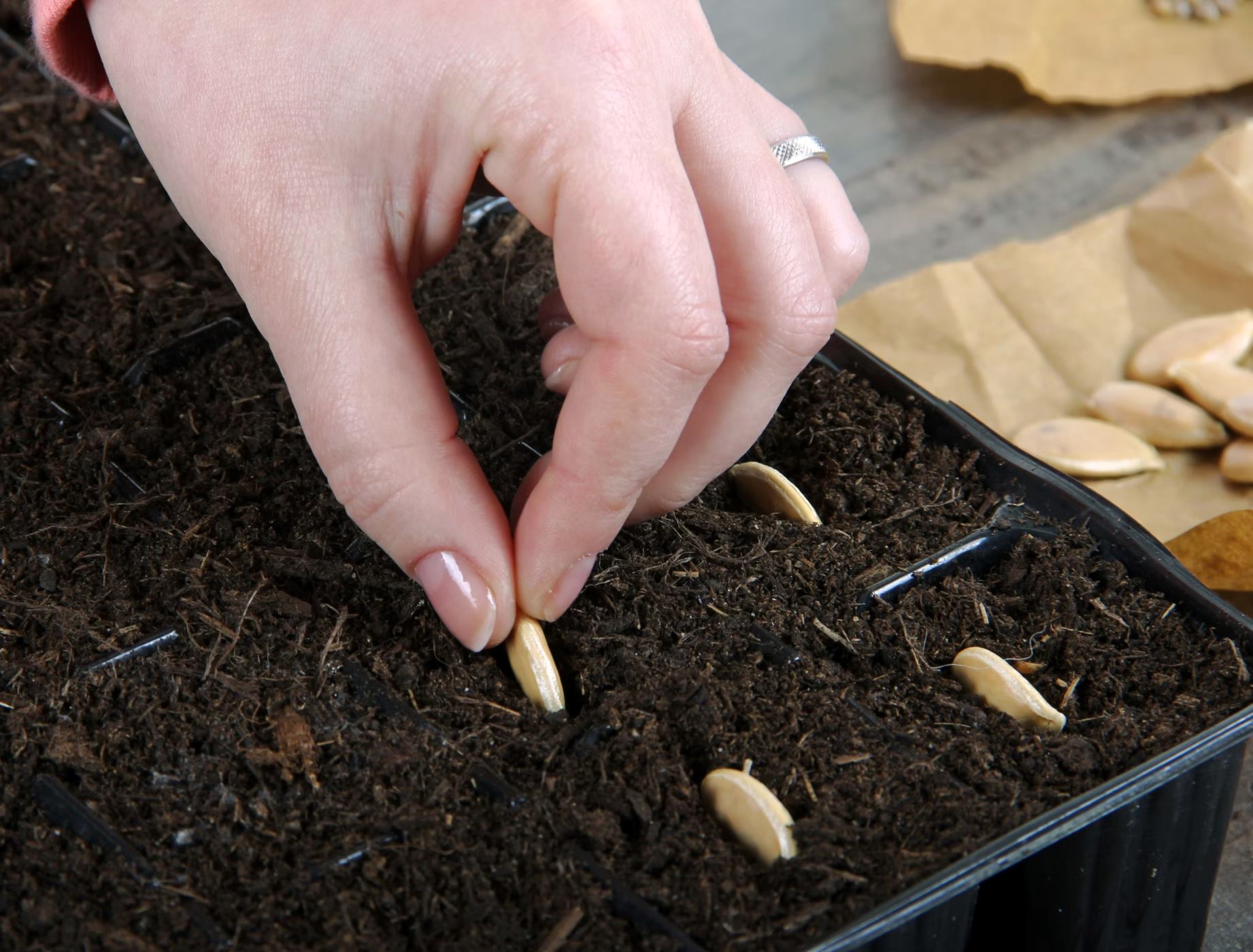
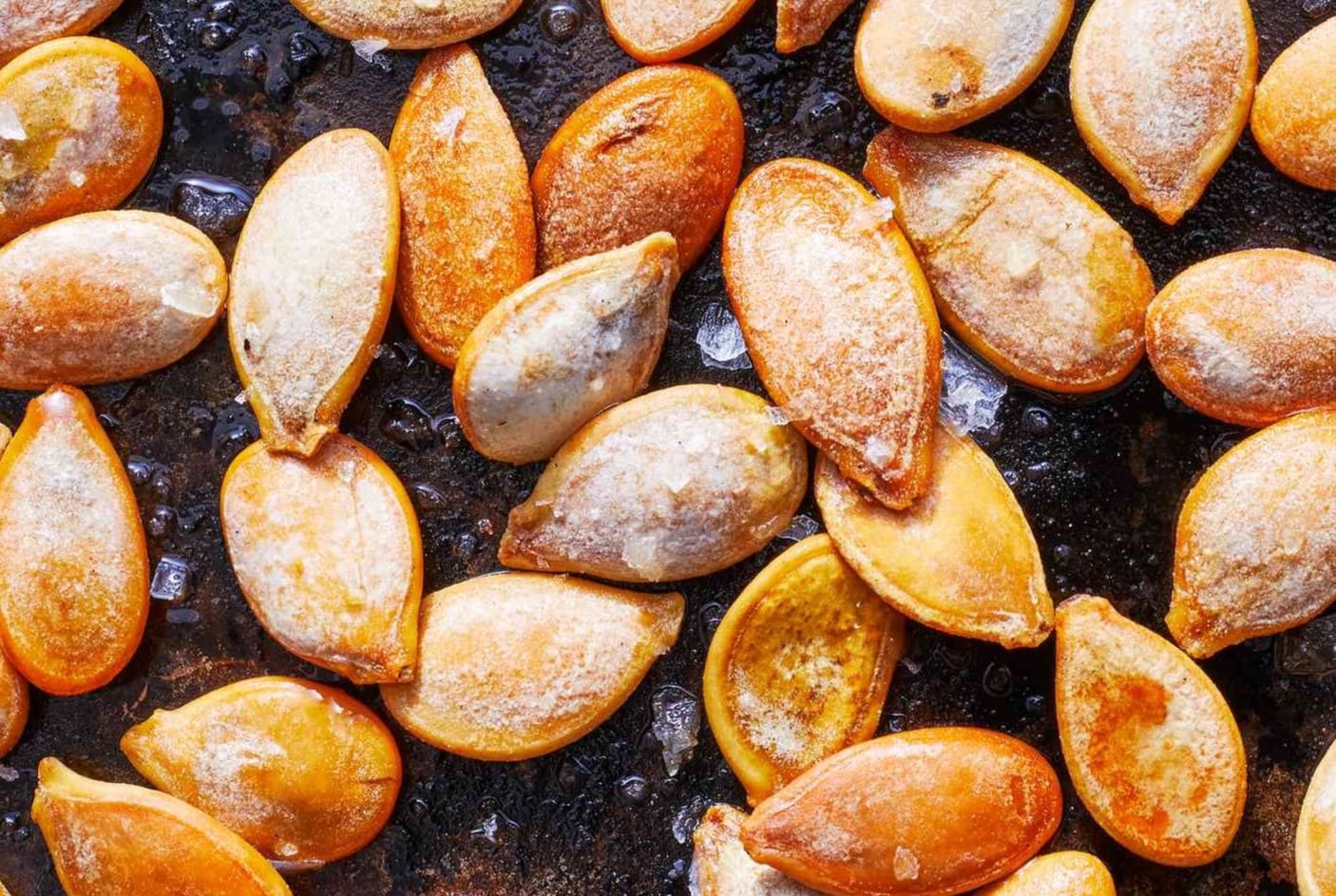
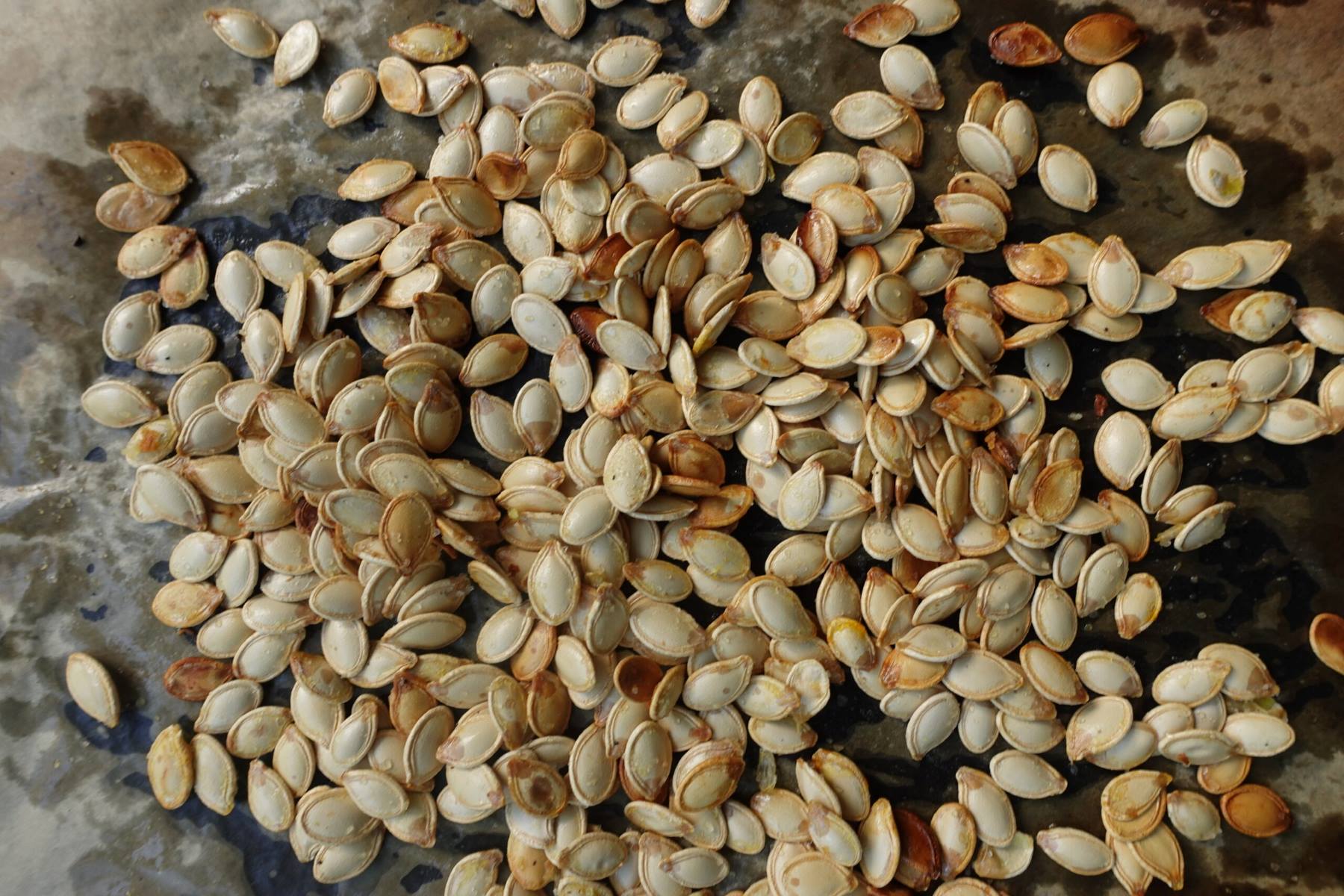
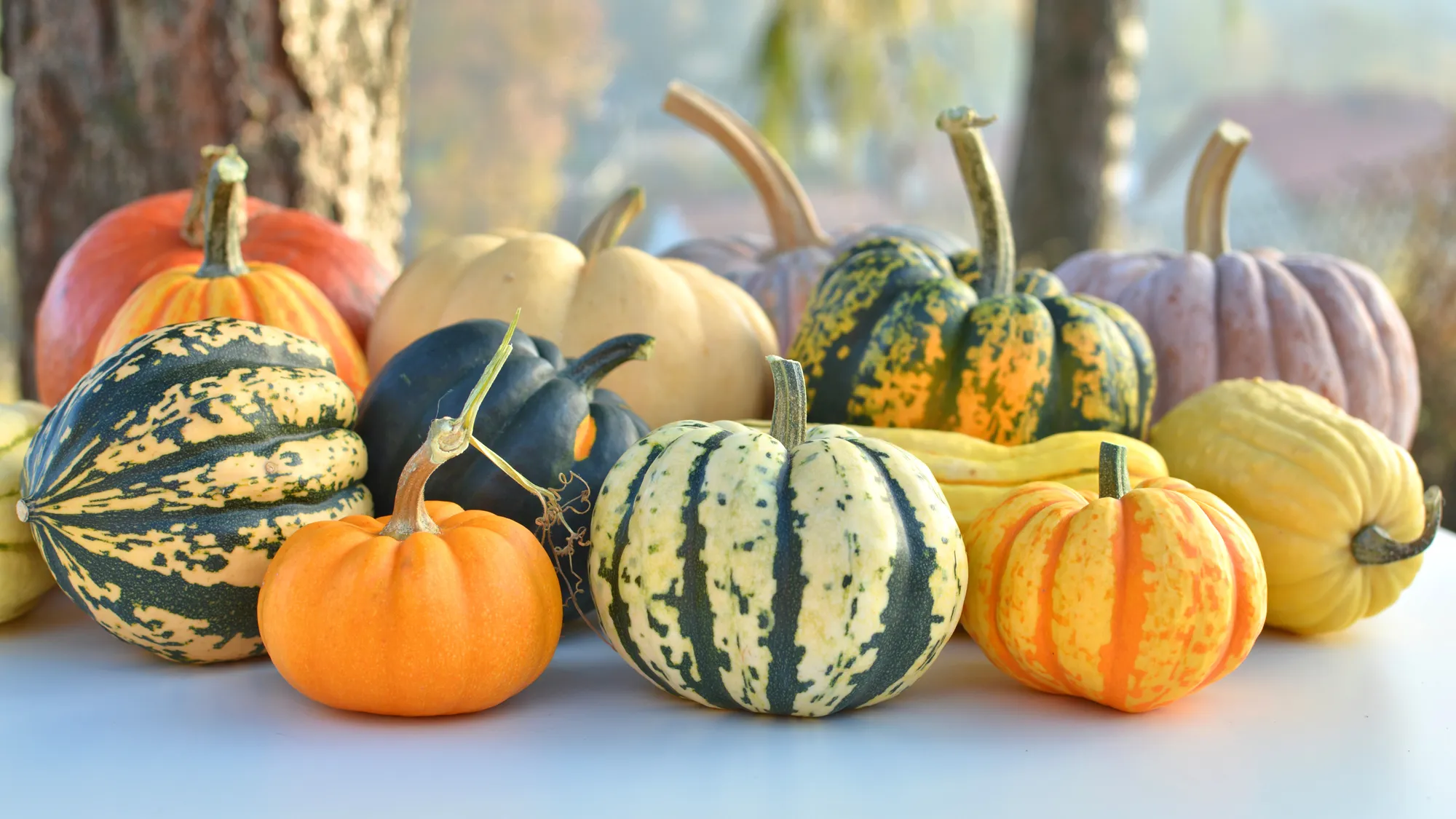
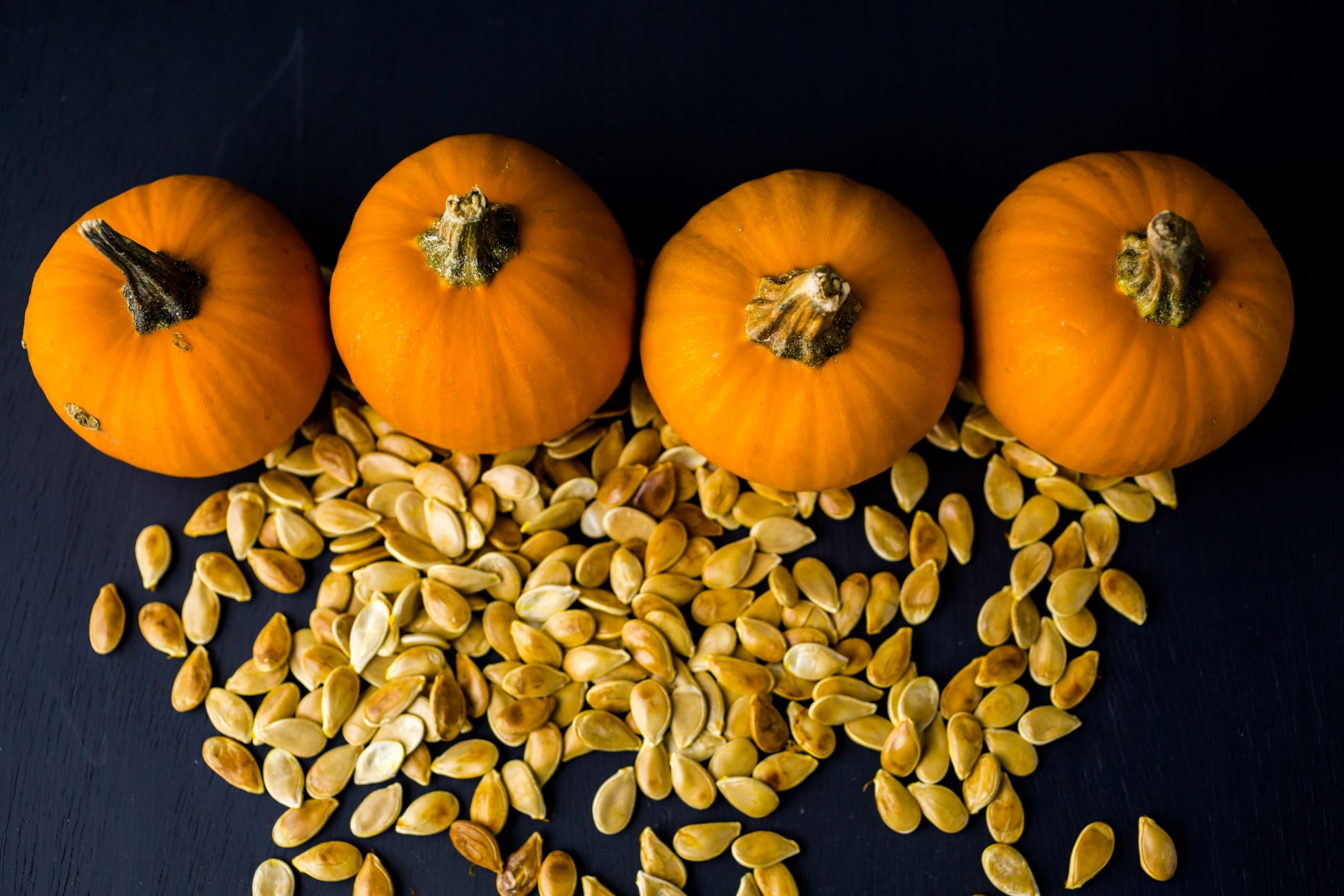
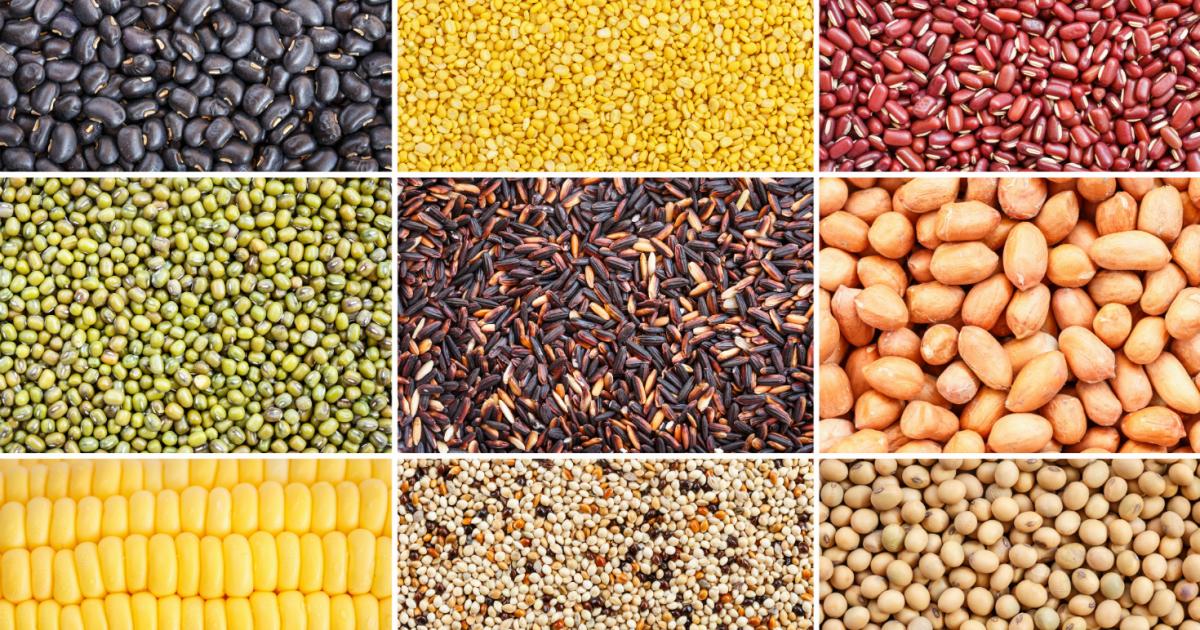
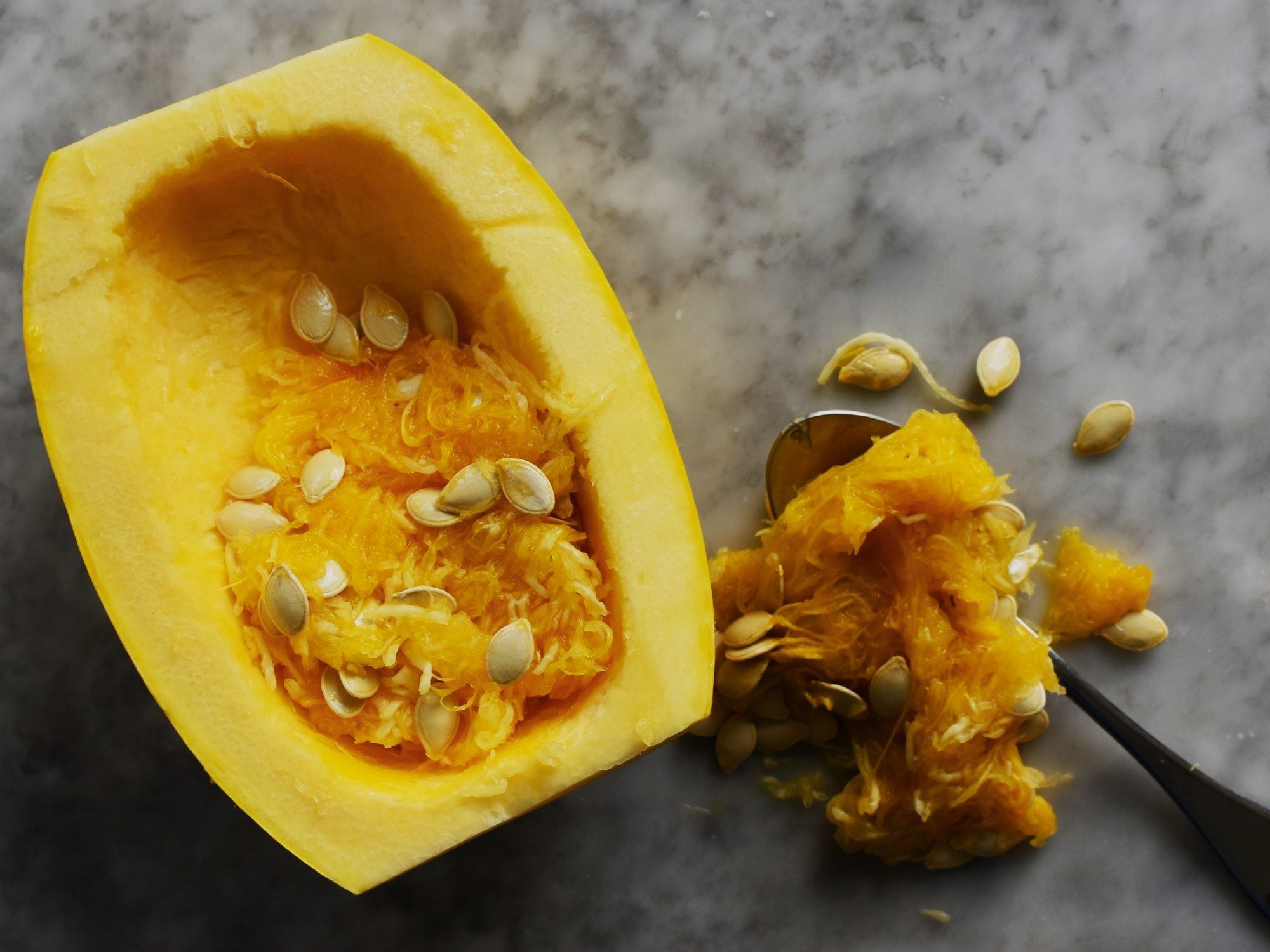
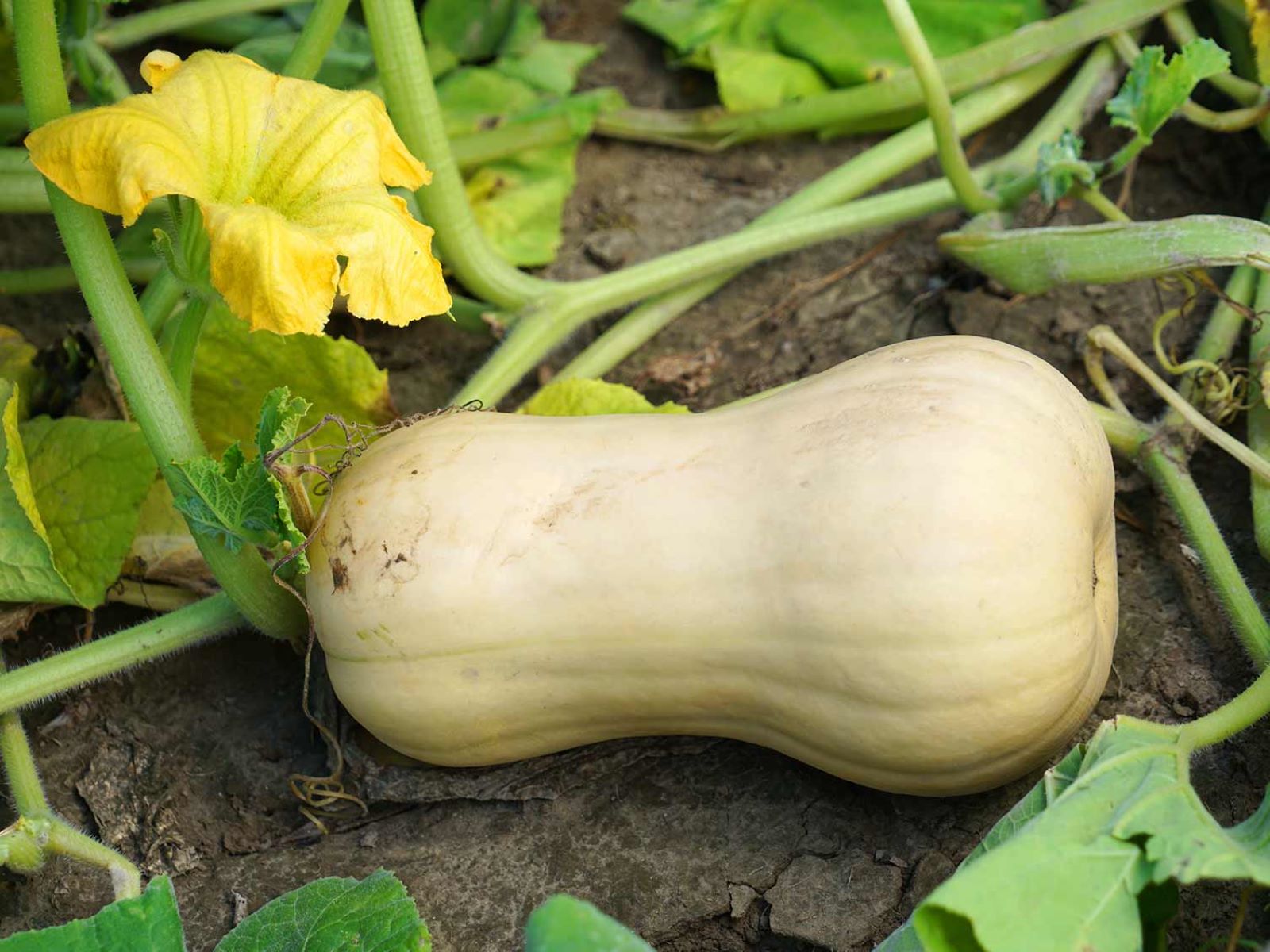
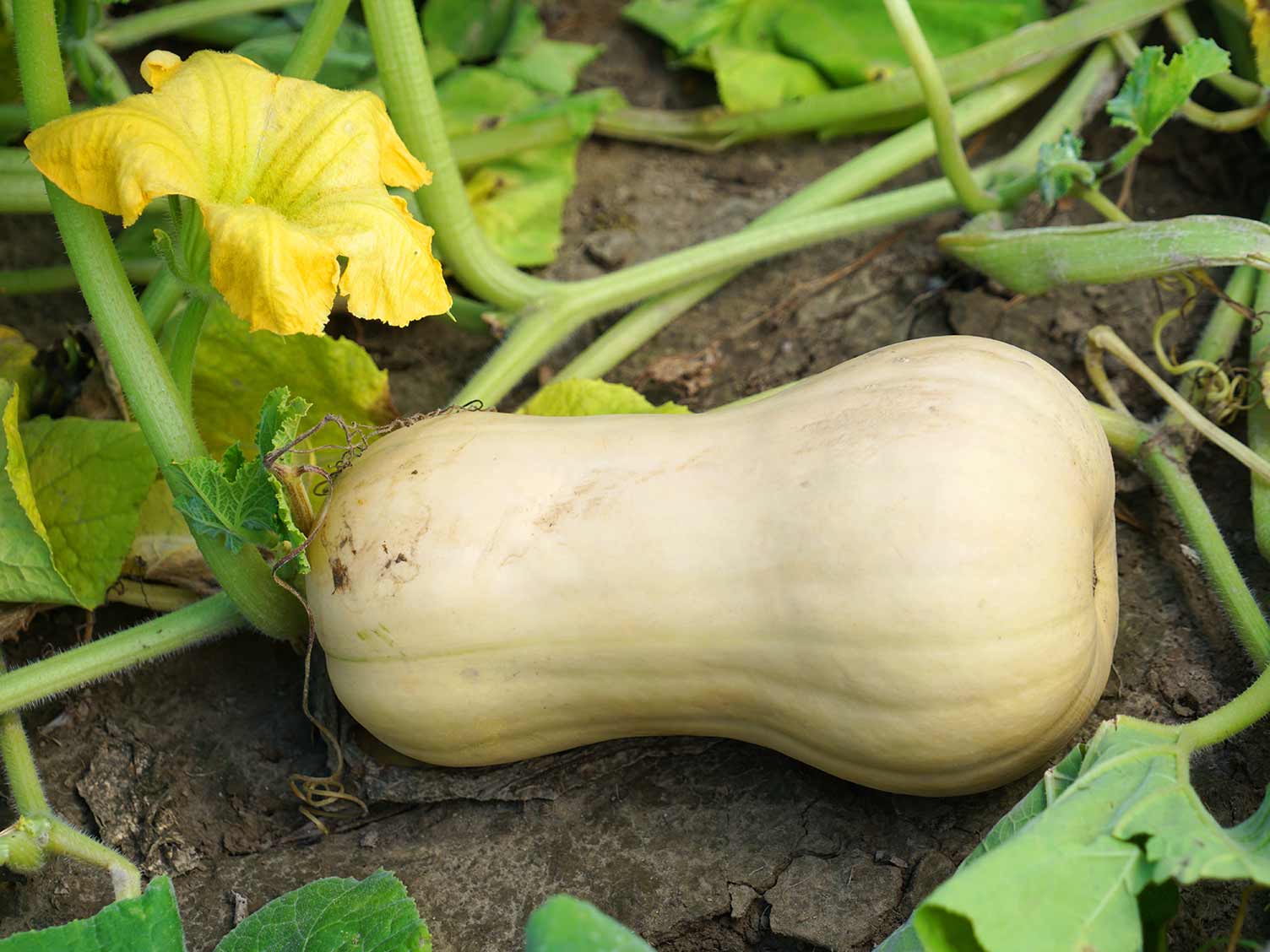
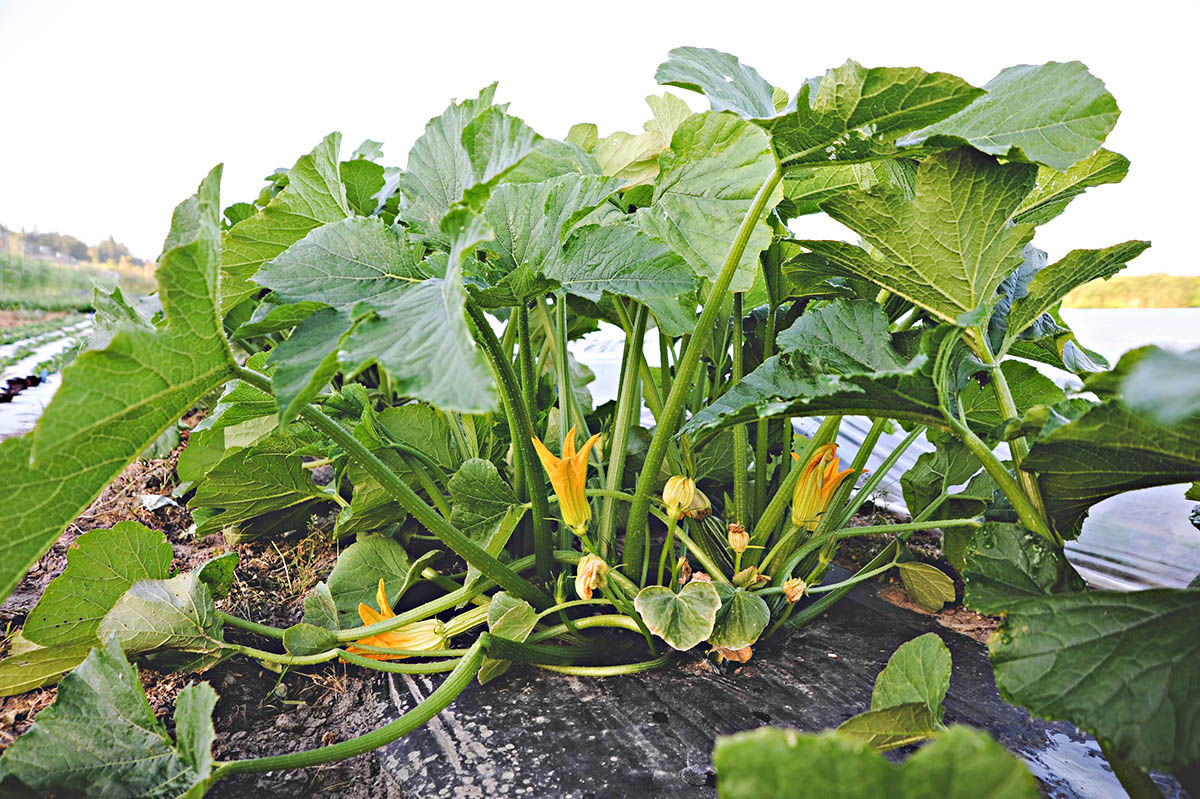
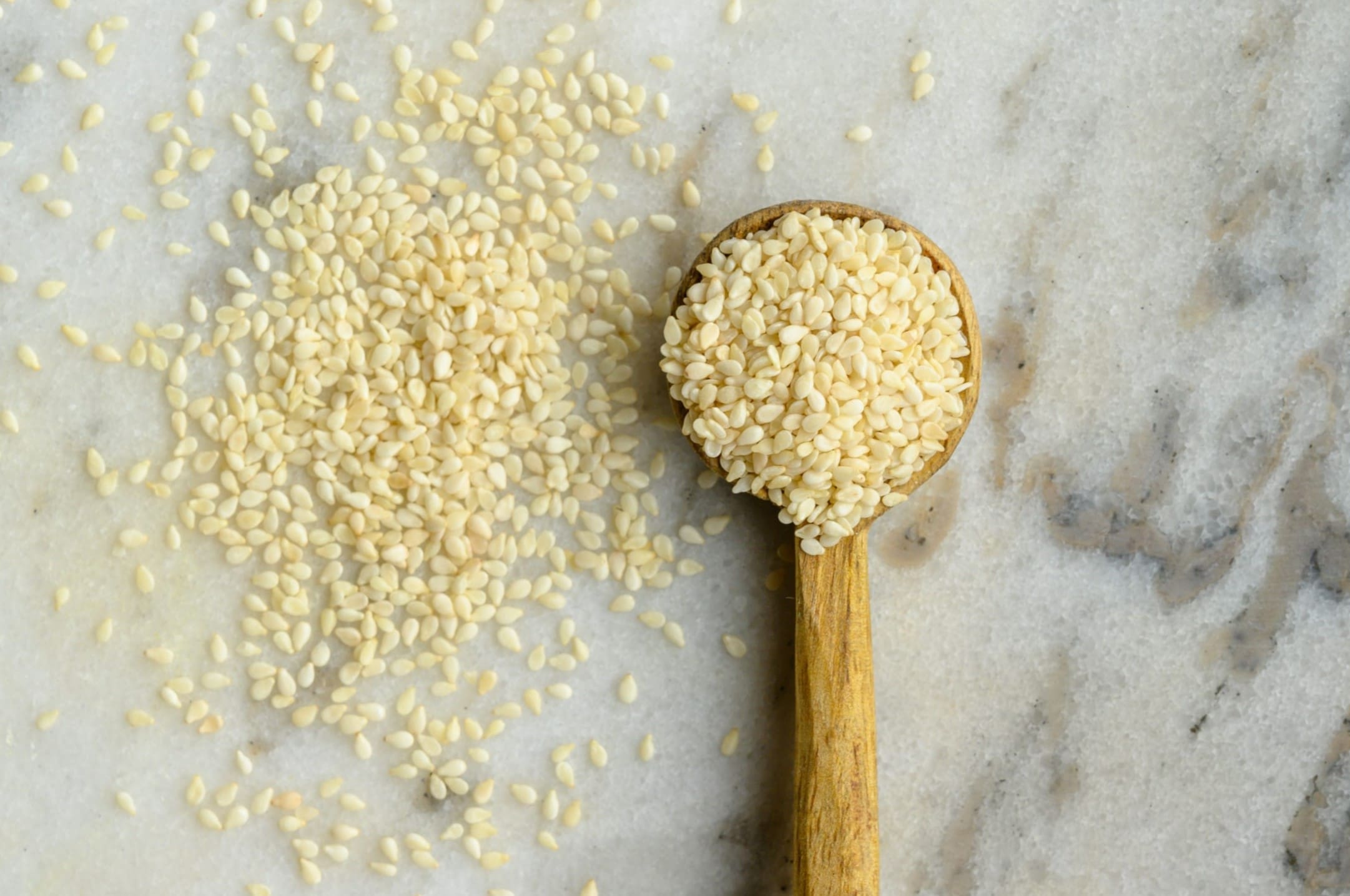
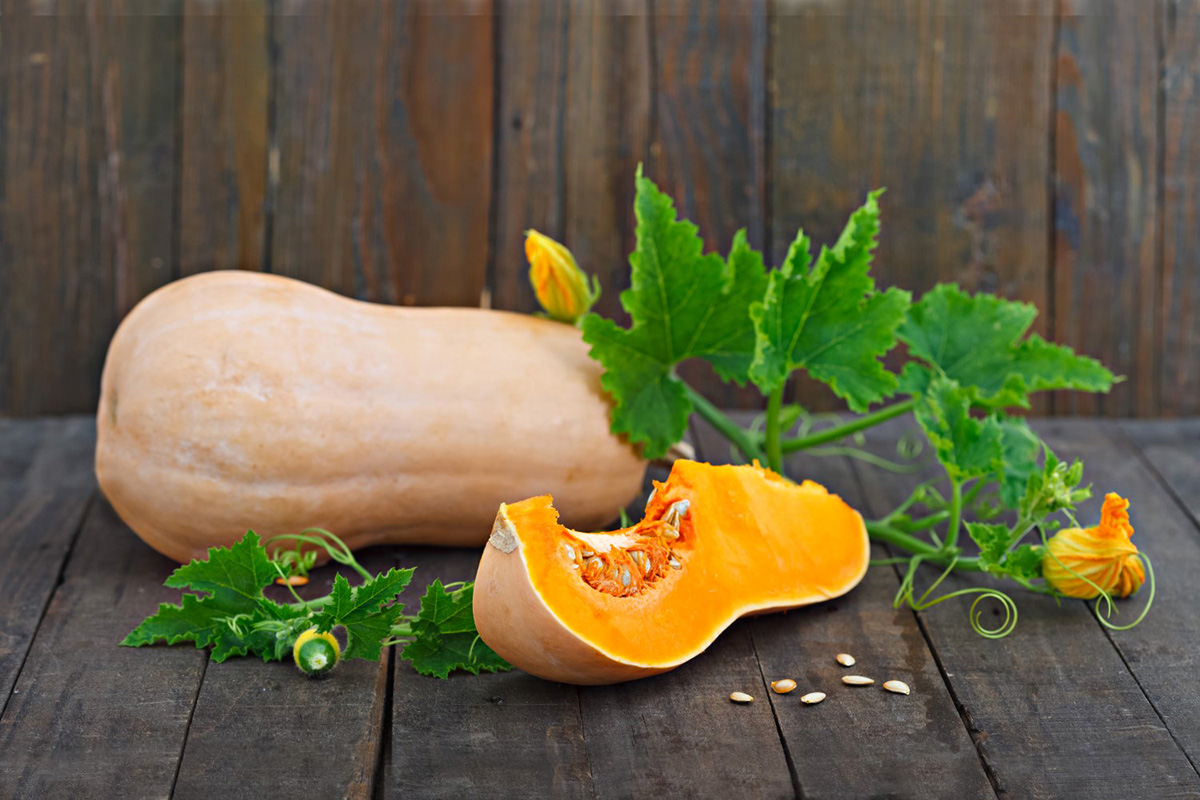
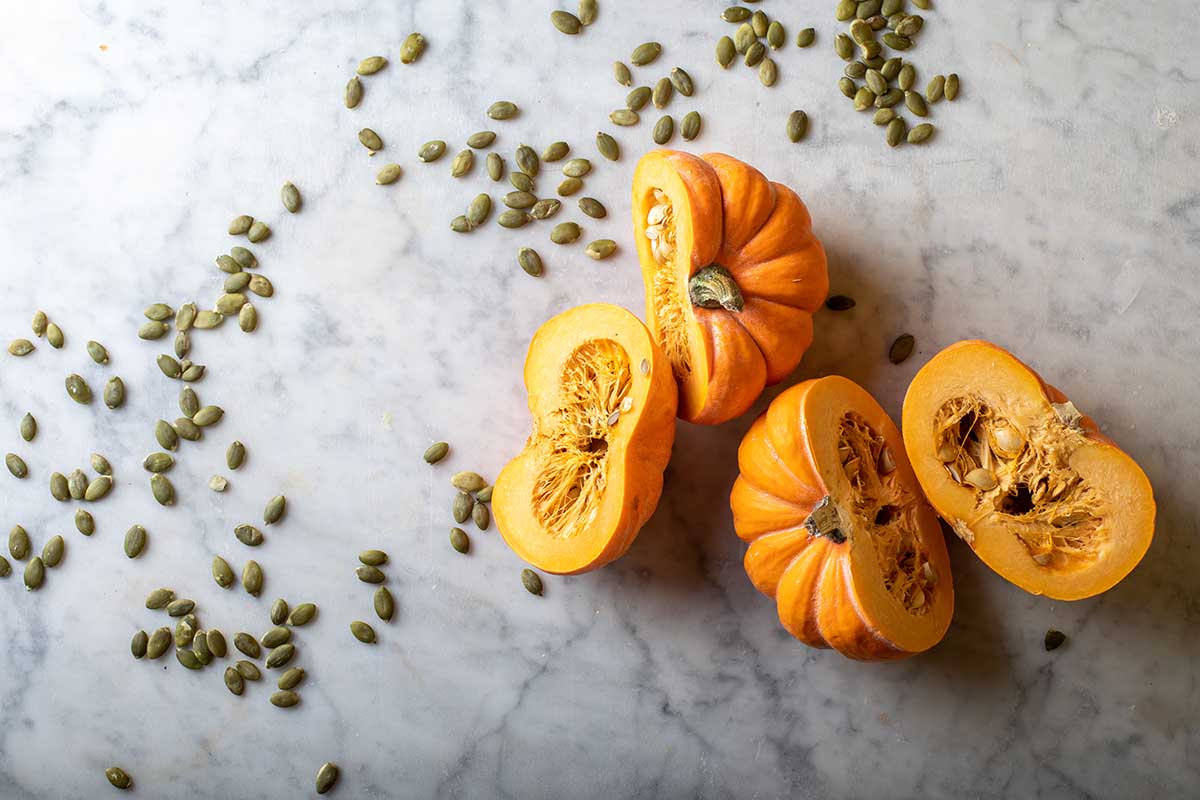

0 thoughts on “What To Do With Squash Seeds”